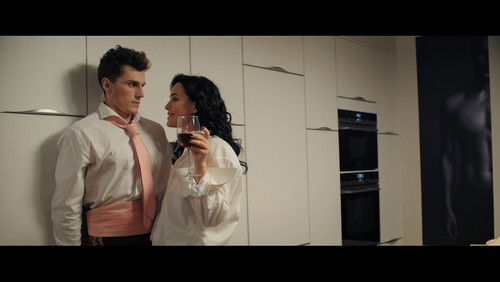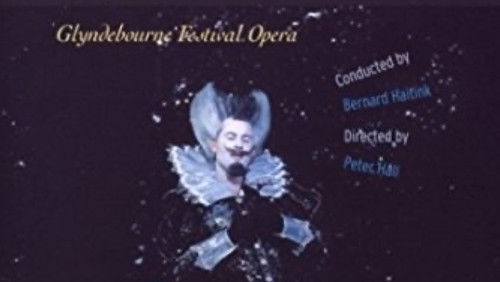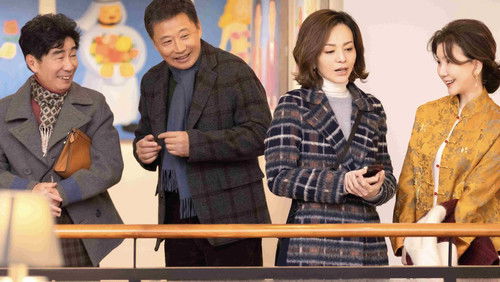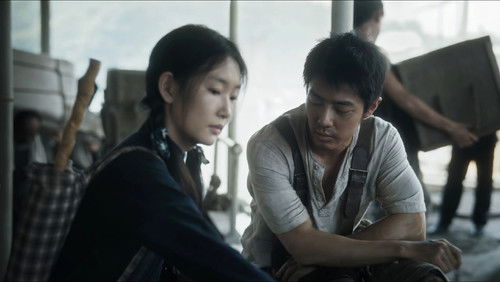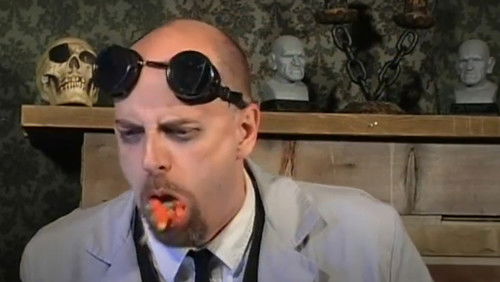Die Liebe einer Blondine (1965)
18KDie Liebe einer Blondine: Directed by Milos Forman. With Hana Brejchová, Vladimír Pucholt, Vladimír Mensík, Ivan Kheil. A factory manager in rural Czechoslovakia bargains with the army to send men to the area, to boost the morale of his young female workers, deprived of male company since the local boys have been conscripted. The army sends reservists, mostly married middle-aged men – and the local beauty Andula, spurns those bold enough to try to win her, for the jazz pianist, newly come from Prague to perform. He seduces her and impresses her, telling her “most women are round, like guitars but you are a guitar by Picasso”. Staying the night with him causes a lecture on a young woman’s honour at her hostel so she throws over her other suitors and makes her way to Prague to find the young man. His protective Mamma and weary Pappa are not pleased when she arrives on the doorstep with her suitcase.
“u0026quot;Loves of A Blondeu0026quot; is a catchy, racy title for what is actually a gentle,low-key and affectionate look at a love affair in communist Czechoslovakia in the mid-60u0026#39;s. The film concerns a young (yes, blonde)girl who seems to be the prettiest one working in what looks like an extremely bleak factory setting in northern Czechoslovakia. The female workers in this shoe factory seem to far outnumber the males of the town. A band travels through town to play at a weekend dance, and the titled blonde (maybe its just me, but I think she resembles Reese Witherspoon a lot at various times)takes up with the piano player. Complications ensue.u003cbr/u003eu003cbr/u003eThere are a number of sweetly comic moments in the film, and it has a great deal of affection for its various characters. Its not all laughs, though, as there is a melancholy undertow to all that goes on. The portrait of Czech society seems decidedly bleak…ugly towns, dreary jobs, precious little fun. The ending is rather ambiguous, but I felt it to be definitely more downbeat than upbeat. You smile, but I felt sad afterward – a feeling rather common after a youthful love affair, I suppose.”




